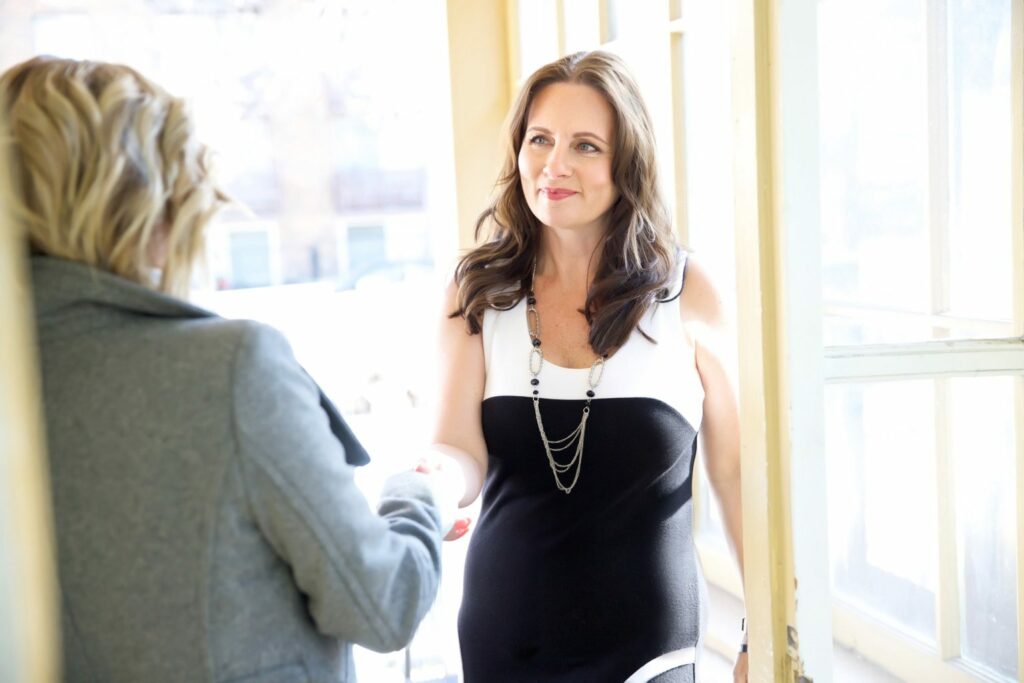You are unlikely to have missed a recent story on a nightmare interview. In case you have missed it, here is information. I thought it would be an ideal time to consider how we should approach interviews the Superstar Communicator way.
The whole story came about because a young woman (who incidentally referred to herself as a ‘Young girl’) had a two hour interview which was pretty brutal – according to her. This hit the news because she was upset after the interview; was then offered the job, but declined the offer. However, decided to share her experience including her response to the job offer on social media. It was picked up by media channels; she was interviewed on BBC Five Live, Radio 4 and there was coverage in most of the quality papers.

She said:
- She felt humiliated with the interviewer (the CEO of the company) who allegedly made derogatory remarks about her work; her body language; her demeanour.
- He looked at her social media accounts including Spotify, and made comments about them.
- She felt bullied and violated by the experience, particularly as she had recently left an abusive relationship.
- She cried at the bus stop after the experience.
Like many people, I have experienced ‘nightmare’ interviews: they can knock your confidence and be upsetting. I really despise interviewers who try to humiliate interviewees. There is no place for this.
BUT: we have only heard the interviewee’s view on this. It would have been interesting to have a candid response from the CEO and the company doing a damage limitation exercise. I have a few points to make from her responses:
- If you have social media accounts, expect people, including interviewers, to look you up.
- If you don’t like people looking at your social media, set them up to be private.
- If you don’t like people looking at your social media, don’t then share the story extensively on social media. It does appear there are double standards.
- Any interview is an opportunity for the interviewee to discover whether the role and the company is suitable for them as much as the interviewee being suitable for the company.
- If you are uncomfortable with the questions, you have a right at any time to say you wish to not answer that question.
- Two hours is a long time for an interview. If you are very uncomfortable you have the right to walk out of the interview respectfully.
- If you refer yourself as a ‘Young girl’ when in fact you are a 22 year old woman: an adult, I wonder if you are presenting yourself as a child rather than a young adult? If so, you need to change your mindset for the adult world of work situations.
- Whilst he was misguided (at the very least) there is a possibility that the culture of working in this company is tough and he wanted to see if the candidate was resilient. I don’t condone this style of interviewing in any way, but conducting a ‘fluffy’ style of interview only for the candidate to discover that the job is very stressful and full of pressure with demanding clients and managers – it is a waste of time for both sides. But another approach would be invaluable.

One of the main challenges is that the world of work is very different to school and university. You can no longer argue to get a second chance or a deadline moved. When you are getting paid, you have to realise that sometimes the boss is right!!! An interview, however grim is an insight into how you will feel fitting in with the organisation and you will have the knowledge to know if this role is right for you. Or not.
So what would the Superstar Communicator™ approach to being interviewed be?
- Do some research beforehand; on the company; who you are specifically meeting.
- OWN your space from when you arrive at the company. Everyone you meet, from the receptionist to any other staff will be taking note of how you behave.
- Really listen to every question; remember, this is a two way conversation.
- If you feel you are being asked inappropriate questions – and there are certain questions you should not be asked, tell the interviewer that you aren’t prepared to answer it firmly but assertively.
- If the interview makes you feel very uncomfortable; in particular that you feel that you are being bullied or unreasonably criticised, you have every right to stop the interview respectfully and leave the interview room.
- Always thank the company for inviting you to the interview.
- After the result always ask for feedback. Whilst some feedback might not be helpful, there are often gems you can work with.
So here we have it the Superstar Communicator™ way to be interviewed. If you want more information on how to work with me, either face to face or virtually contact me.

 The story of Superstar Communicator™
The story of Superstar Communicator™